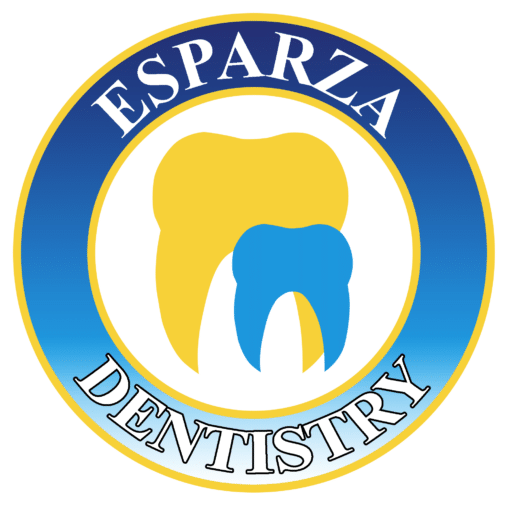In Riverside, California, one tree still marks the beginning of something much larger than itself. Planted in the 1870s, the original Washington navel orange tree helped ignite California’s citrus industry, setting down roots that would influence the region’s growth for generations. Its fruit drew the attention, but it was the roots—buried, steady, and unseen—that sustained it. Long before the harvest, Eliza Tibbets anchored the tree in unfamiliar soil, making its success possible. That quiet foundation still stands today at the corner of Magnolia and Arlington, a reminder that the most lasting changes often begin beneath the surface. Our smiles aren’t all that different. Each tooth depends on its own root for strength and stability, hidden beneath the gumline but essential to everything above. But what happens when that root is lost? For many in Riverside, mini dental implants are helping to answer that question.
Just as a tree can flourish again when its roots are cared for, a smile can regain its strength and beauty when its foundation is rebuilt.
Dental Implants in Riverside: How Do They Benefit You?
Did you know your tooth roots are doing far more than just holding your teeth in place? Sure, they keep teeth upright and stable, but that’s only part of the story. Beneath the gums, those roots are hard at work keeping your jawbone healthy. Every time you bite and chew, pressure travels through the root and its periodontal ligament, stimulating the surrounding bone. That stimulation tells your body, “We’re using this bone. Keep it strong.” It works the same way exercise keeps your muscles and bones from wasting away.
So what happens when you lose a tooth? You lose the root too, and with it, the stimulation your jawbone depends on. Without that constant signal, the bone begins to resorb, a process that causes it to shrink. Over time, your jaw weakens, your facial shape can change, and replacing teeth properly becomes more difficult. It’s like letting your muscles atrophy by never using them again, except it’s your face.
Now, let’s talk about your options. Traditional dentures and bridges fill the gap, yes. But they only sit on top of your gums or remaining teeth for support. They don’t interact with your jawbone at all, and they don’t stop bone loss. Essentially, they don’t give your body the signal it needs to maintain itself.
If you want to prevent further damage and keep your jaw healthy, you need something that replaces not just the tooth but also the root’s job. Implantes dentales are one of the only solutions designed to restore the natural function of a tooth root, keeping your bone active and your teeth secure where it matters most.
Am I a Candidate for Implants if I’ve Lost Bone?
When it comes to tooth loss, the question of bone loss is not “if” but “when.” Once a tooth is removed, the surrounding bone and tissues begin to change rapidly. Most of the breakdown happens early, with the most dramatic changes taking place in the first few months. Within the first year, up to 50% of the bone’s width can be lost, and nearly 30% of that loss occurs in just the first 12 weeks.
Este pérdida ósea is a key concern when determining if someone is eligible for traditional dental implants. That’s because traditional implants need a strong, healthy bone to hold them securely in place. If too much bone has already been lost, there may not be enough support for the implant to succeed. In these cases, many patients need a bone graft first. Bone grafting is an additional procedure that rebuilds the bone before implants can be placed. While bone grafting is effective, it adds time and extra steps to the process of restoring your smile.
How Are Mini Dental Implants Different?
Miniimplantes dentales are significantly smaller than traditional implants, measuring approximately half the diameter. Due to their size, we place them in areas with less bone, often without the need for a injerto óseo. This makes them an excellent option for patients who have experienced bone loss and were previously told they weren’t good candidates for dental implants. Despite their smaller size, mini implants are strong and versatile enough to securely support coronas, puentesy dentaduras.
Explore Your Options for Mini Dental Implants in Riverside, CA
At Esparza Dentistry near Riverside, we help patients restore the strength beneath their smiles with mini dental implants. If you’ve been told you don’t have enough bone for traditional implants, we can often place mini implants without bone grafting. With this minimally invasive solution, we secure crowns, bridges, and dentures with lasting stability and security. Contact us today to reserve una consulta gratuita!
Discover more about what we do, meet our team, and see our results—follow us on Facebook y Instagram ¡hoy!

